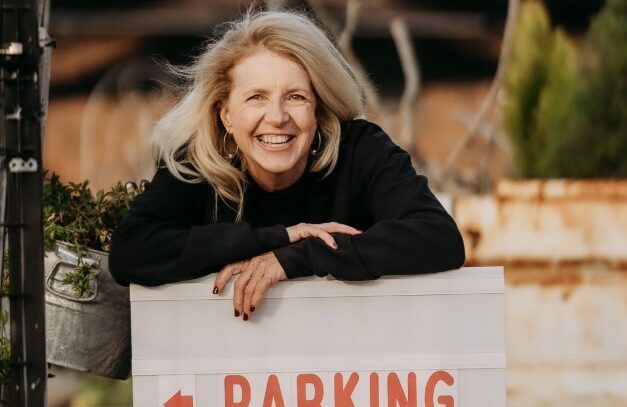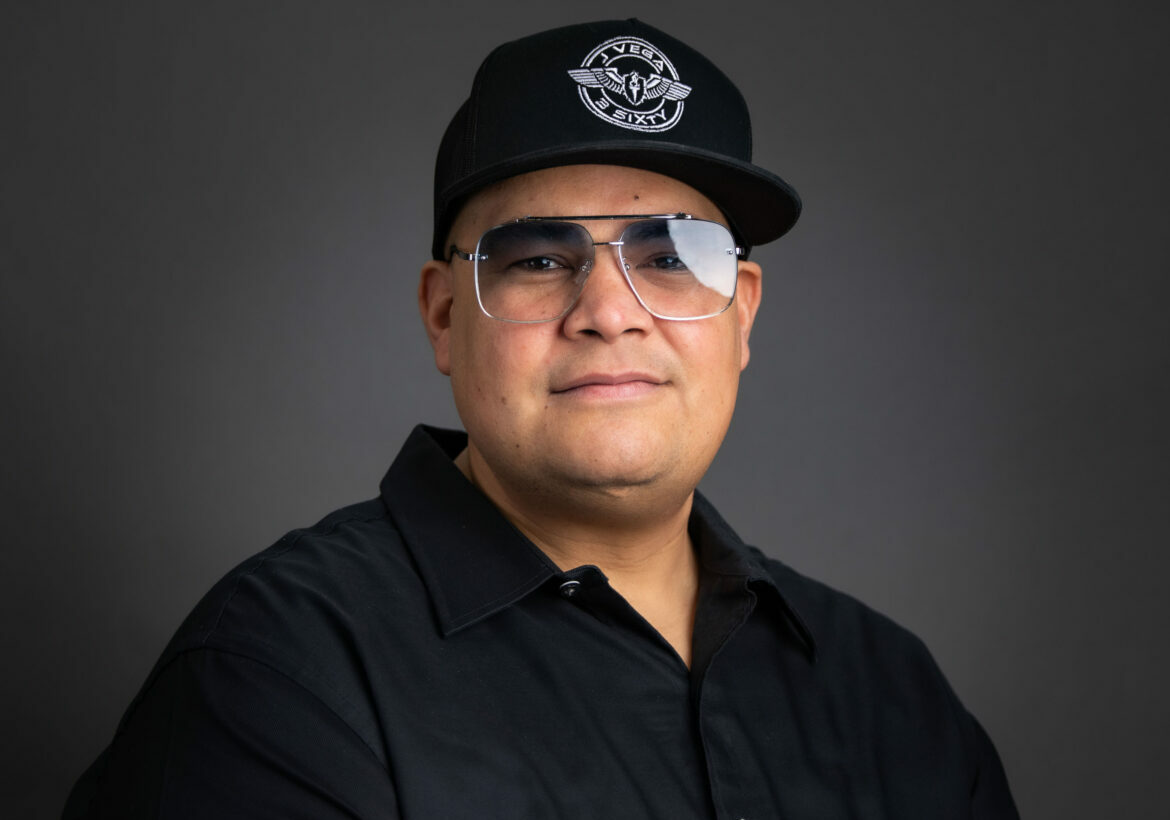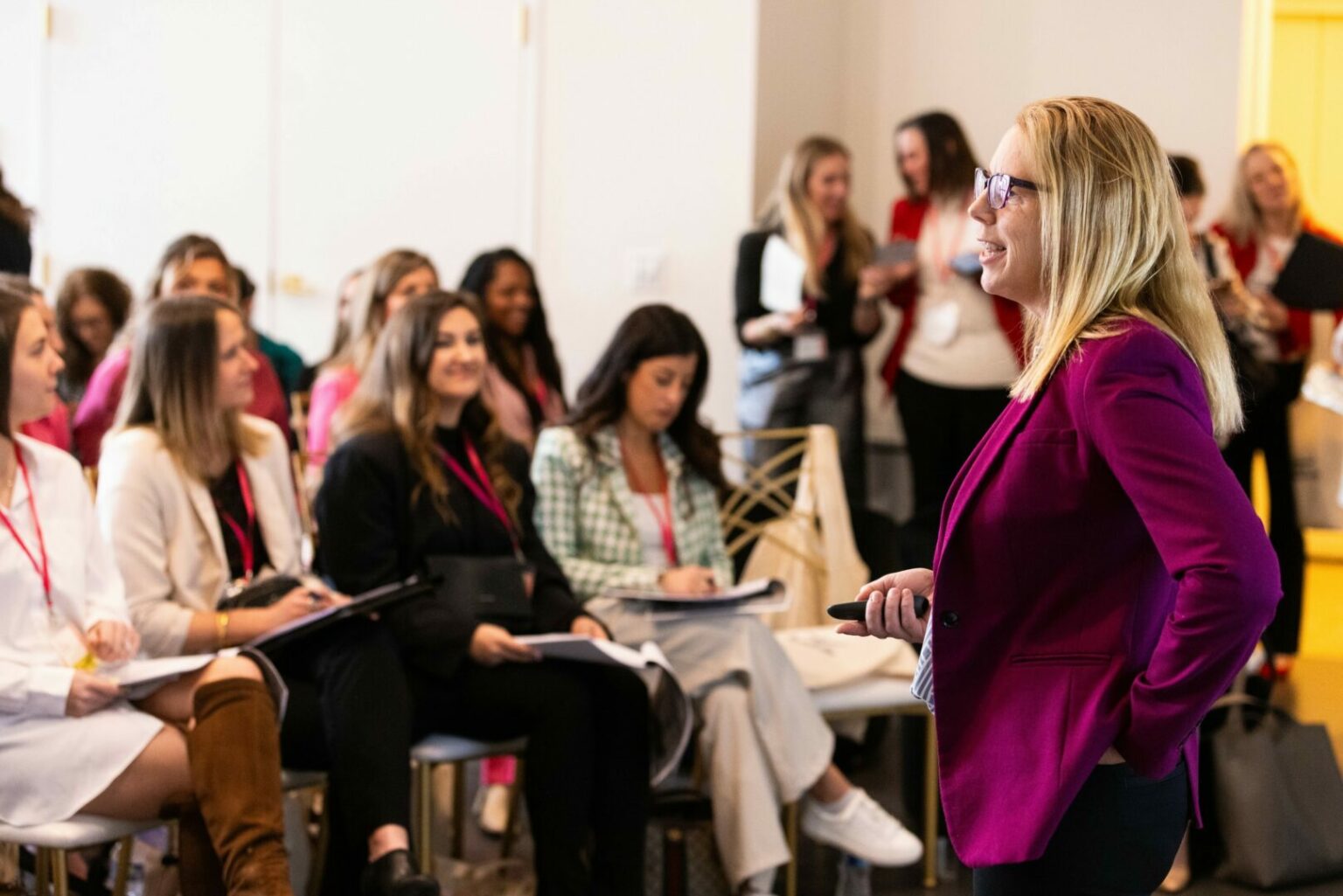Alright – so today we’ve got the honor of introducing you to Seisei Tatebe-Goddu. We think you’ll enjoy our conversation, we’ve shared it below.
Hi Seisei, thank you for being such a positive, uplifting person. We’ve noticed that so many of the successful folks we’ve had the good fortune of connecting with have high levels of optimism and so we’d love to hear about your optimism and where you think it comes from.
Traditionally-optimistic people have a bottomless well of faith that everything will turn out just fine. I don’t have that. Instead, optimism for me is centered on agency. You have the ability to influence your outcomes. Optimism through agency has given me the ability to pick myself back up and keep moving forward, even during really hard times. I credit my parents for giving me that sense of agency and confidence, and instilling in me the kind of civic pride that says we owe it to ourselves and those around us to strive for a better future.
What that means is that I’m a great person to have in your corner when you feel beaten up and down on your luck. That moment when everyone feels like all hope is lost? That’s when I’m ready to GOGOGO let’s fix this! Don’t get me wrong, I believe in honest assessments of the situation, which can sometimes be pretty bleak. But right after dishing out the truth, I’ll remind you that none of us is capable of predicting the future, the past can inform but not determine, and the next 10 minutes of your life could be the best you’ve ever experienced.
When we’re struggling to deal with climate change, the cruelty and cynicism of elites, political polarization, and of course technology not built for communities to thrive, I am the person standing there saying a better world is possible. But it requires all of us to get off our butts and do something about it.
Great, so let’s take a few minutes and cover your story. What should folks know about you and what you do?
I’m the CEO of Lights On Labs! Our mission is to build and channel public demand for responsible technology development and deployment.
One of Lights On Labs’ first initiatives is a partnership with Mothers Against Media Addiction (MAMA) to address the harms of unchecked tech, such as the rising rates of addiction to social media and other digital technologies amongst kids and teens. Our work with MAMA wakes people up to the fact that tech companies aren’t building tech that’s good for people and the planet; rather, they’re building tech because they’re incentivized to make oodles of money and we’re the product. And that motivation has led to a myriad of deleterious effects on society from issues with deepfakes, scams targeting the elderly, cognitive liberty, political polarization, racial and gender bias, job impacts, outsize energy usage (and therefore carbon emissions), and deep mental health concerns like suicide and depression. When we look at that comprehensively, we start to see a picture of the future that looks grim for everyone except the billionaires — and that’s just not ok.
As you can imagine, parents are fed up and so the momentum around this has been huge. In just a few short weeks our partnership has garnered the attention of the Washington Post, Kara Swisher, and Oprah, and we’ve launched 6 parent-led MAMA chapters, with more to come. What’s exciting about the momentum is that it feeds into one of my core beliefs: a better world is possible but only if communities demand it. Lights On Labs will continue to build in the mental health space but also is starting to support leaders and campaigns in other issue areas. It’s going to take all of us to build a future we actually want to live in.
And, while responsible tech is my day job, like many of us, I have side projects as well. Ask me about the on-demand course I’m currently developing on the neuroscience of fairness and belonging, the amazing climate tech investments we’re making in companies over at Savia Ventures, or the skincare brand we’re building at Butterbaby.
If you had to pick three qualities that are most important to develop, which three would you say matter most?
When I was 12, my family moved to Japan and I knew maybe five words of Japanese. Which isn’t a problem if you’re at an international, English-speaking school, but we were in southeast Kyushu, six hours away from the closest international school, and so I ended up attending a local Japanese public school. No one (and I mean no one) at my school spoke English. There was a lot of grunting and pointing in the first few weeks as I tried to learn basic vocabulary while being graded the same as everyone else.
I learned at a young age that the standards society sets for us often aren’t the most important metric (in this case I went from a straight-A student to one that was nearly at the bottom of the class). You need to determine for yourself what success means. When you reframe what really matters, you give yourself the freedom to confront some of your biggest fears.
Imagine being in middle school and literally not being able to understand what is happening academically or socially. You can either drown or learn how to swim. I learned to take calculated risks and to listen to my gut, even when that was scary or hard. Learning how to approach decisions without second-guessing yourself can save you a lifetime of regret.
In terms of advice, my best advice is to start running experiments on whether your fears are real. What are the low-stakes pilots you can implement? One of my earliest experiments was during a one-year Fellowship program I had been accepted into. Before the program, I needed to have my travel itineraries down to 15 minute increments. I mean it was kind of nuts. But one day I got on a bus in Kenya from Malindi to Lamu and I didn’t know where I was going to spend the night. On the bus, I met a Muslim woman who connected me to her cousin who was a housekeeper (I realize that this sounds like the start of a horror story), and I ended up in a beautiful house by myself with a private cook and beach access for five days. It helped me build the confidence to know that I can handle whatever happens. A rigid itinerary closes you off to those unique moments, and I learned the beauty of leaving myself open to serendipity.
We’ve all got limited resources, time, energy, focus etc – so if you had to choose between going all in on your strengths or working on areas where you aren’t as strong, what would you choose?
People often think about this question from the lens of how to achieve success, but what if we reframe it as how to achieve growth? Within that frame, I actually think you achieve growth by doing both.
Let’s consider that there are at least two ‘phases’ of every person’s journey.
The first is the ‘exploratory phase’ directed towards building perspective or diversity of thought. In this stage, it’s ok to cast a wide net and allow yourself to be open to TRYING new skills as more of a novice without fear of failure. The ‘win’ here is not achieving excellence in the skill set, it’s about learning HOW to learn, where your natural inclinations and affinities lie, and where to direct your focus.
Once you’ve narrowed that down, there’s the second layer, or the ‘double down phase’. THAT is when there is real power in focusing on honing your existing strengths and taking them to the next level. And the research actually bears that out – I’m a Gallup certified coach, and the research shows that you attain excellence by channeling your strengths, not by “fixing” your weaknesses (pro tip: the way to tackle weaknesses is actually simply to take them into account). Without phase one, you might double down on things that don’t matter to you or don’t help you grow in the right ways.
A really relatable example of this is in sports, where early deliberate diversification then later leads to greater success when choosing to specialize in the one sport that wins you the Olympic medal. So when it comes to whether you should focus on one or multiple strengths, I would actually challenge yourself to instead ask, which phase am I in? Am I currently exploring or do I already know where I am more capable and my goal is to take myself to the next level?
Contact Info:
- Website: lightsonlabs.org
- Linkedin: https://www.linkedin.com/in/seisei/








Image Credits
Gold House Benjamin Von Wong Pascale Joseph Glasgow Caledonian New York College




